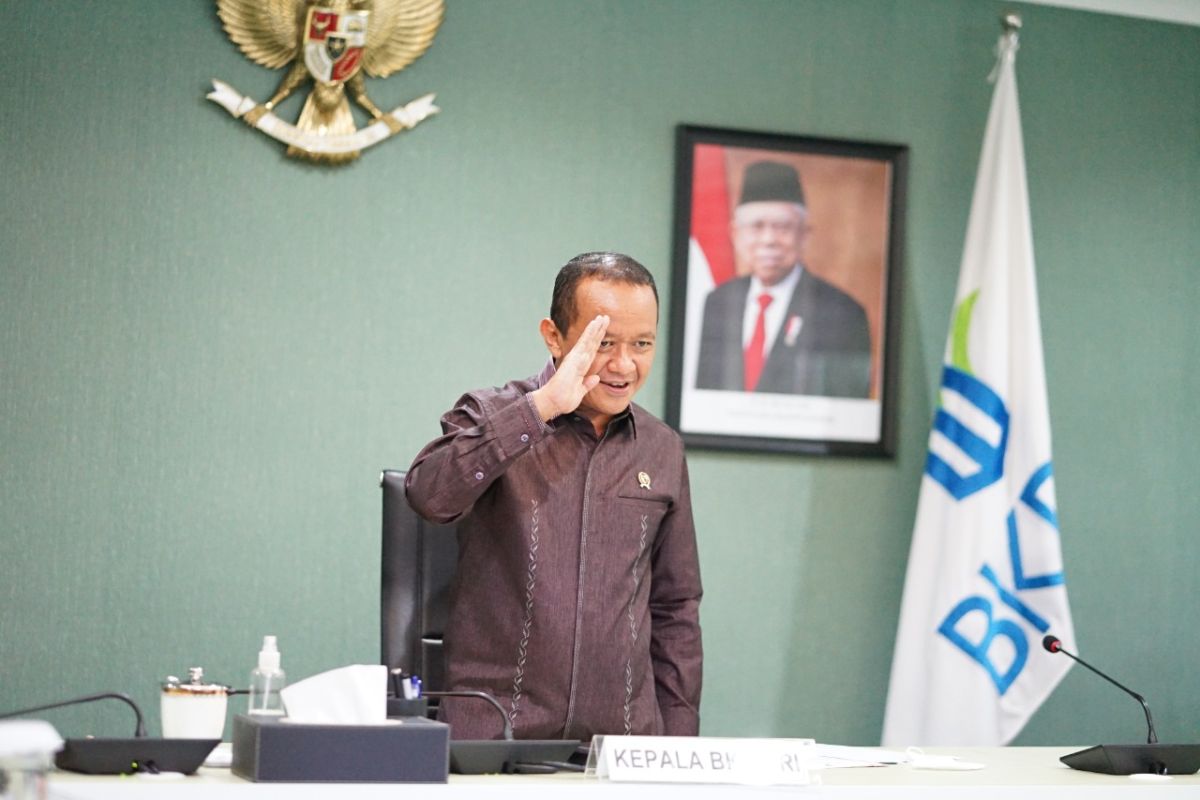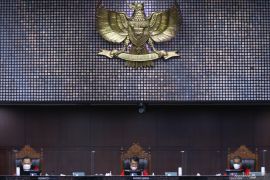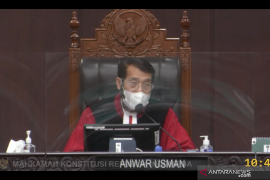Among the firms are foreign companies, including those that relocated their investment from several countries, such as South Korea, Japan, the United States, and China, Lahadalia noted here on Thursday.
The BKPM head affirmed that the job creation law, passed on Monday (October 5), had boosted investor confidence to invest in Indonesia, with simplification in the licensing process.
"Currently, they are reluctant to invest (in Indonesia) because of the complicated licensing process. With this (omnibus law on job creation), they are really keen to invest," he noted.
Those companies are eyeing sectors, including infrastructure, manufacturing industry, plantation, forestry, mining, health, energy, and tourism.
However, Lahadalia steered clear from divulging details of the companies' profiles as well as their investment value.
The investment is expected to absorb some 2.9 million workers annually.
On Monday, the House of Representatives (DPR) and the Indonesian government passed a controversial omnibus bill into law amid mounting criticism over its provisions on labor rights, indigenous community rights, and environmental protection.
The bill’s supporters believe that it aims to increase both domestic and foreign investment inflow while creating a more attractive investment climate, in the next five years, following the president’s re-election last year.
The objective is lucidly mirrored in the bill’s 15 chapters, in which, articles on business and investment dominate regulations on manpower. Of the total 905 pages, at least seven chapters cover relaxations on doing business with corporations and investors. They encompass easing procedures on environmental impact analysis (amdal), which is currently mandatory for all types of business operations. Related news: Hartarto: Omnibus law to help Indonesia escape middle-income trap
Related news: Workers' nationwide strike against Job Creation Law to continue: KSPI
EDITED BY INE
Translator: Ade Irma Junida, Sri Haryati
Editor: Suharto
Copyright © ANTARA 2020












